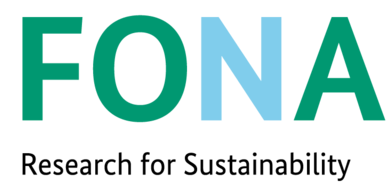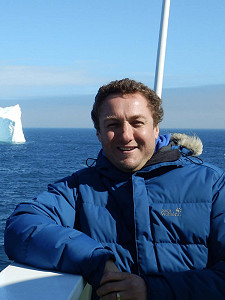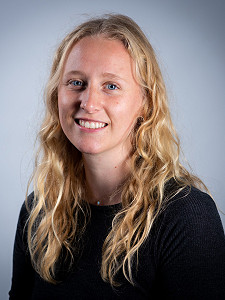Building knowledge for a Changing Humboldt Current

The Federal Ministry of Education and Research (BMBF) funded Humboldt Tipping project recently hosted a workshop in Peru from October 7-12, 2024. The event focused on the ecological and socioeconomic dynamics of the Humboldt Upwelling System, bringing together early-career researchers from fields like marine sciences, social sciences, and economics, to explore pressing issues shaping the future of one of the world’s most productive marine ecosystems.

Held at Cayetano Heredia University in Lima, the workshop was delivered in a hybrid format, with 25 participants attending in person and around 80 more joining online daily. The program combined lectures, practical sessions, and discussions, covering topics like ecosystem modelling, bioeconomics, tipping point detection, and socio-economic modelling. The students also developed practical science communication skills, including how to write and visualize scientific papers and deliver clear, impactful scientific presentations.
One highlight of the five-day workshop was the science pitches, where participants presented their research and received feedback from senior scientists. “In addition to getting valuable input from the Humboldt Tipping researchers and other participants, the students had the chance to practice and apply the communication skills they learned earlier in the week,” says Lena Hindenberg from CeOS, who is responsible for science communication in Humboldt Tipping.

Each day included keynote lectures from international scientists representing the Instituto del Mar del Perú (IMARPE), WorldFish (Malaysia), Hawaii Pacific University, the University of Gothenburg, and the Research Institute for Development (France). These talks provided participants with fresh perspectives and deeper insights into the themes explored during the workshop.
"The Humboldt Current is facing complex challenges due to global changes. Addressing these requires the combined knowledge of various disciplines and local stakeholders to ensure a comprehensive understanding of one of the world’s most valuable ecosystems. Only in this way can adaptation plans to the impacts of climate change be developed, ensuring that the Humboldt Current can maintain its role in providing food security and livelihoods,” says Dr. Renato Salvatteci, coordinator of Humboldt Tipping at CeOS. "The stakeholder dialogue with local institutions and contributing to the regional knowledge base through outreach activities are key pillars of the project," Salvatteci adds.

The initiative exemplifies Humboldt Tipping’s commitment to fostering international cooperation and equipping the next generation of researchers to contribute to the sustainable management of the Humboldt Current System.
The partners of Humboldt Tipping are Kiel University, the University of Hamburg, the University of Bremen, the Leibniz Center for Tropical Marine Research (ZMT), GEOMAR Helmholtz Centre for Ocean Research Kiel, and Peruvian partners IMARPE and Pontificia Universidad Católica del Perú (PUCP), who contributed their scientific expertise to the workshop.
For more information about Humboldt Tipping and its initiatives, visit https://humboldt-tipping.org/en and @humboldttipping on social media!




